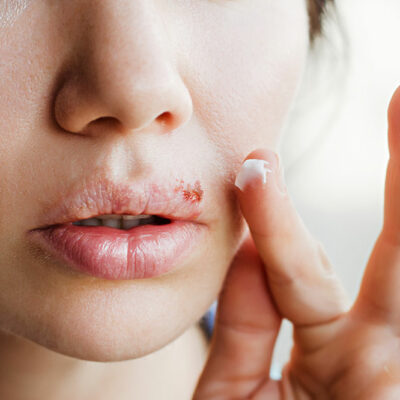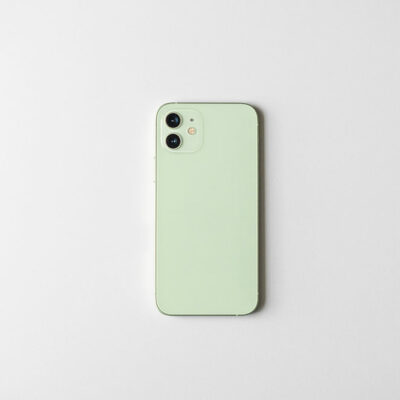
5 Methods to Treating Menopause-Related Hair Loss
Menopause leads to are numerous physical changes and unpleasant symptoms like hot flashes, mood swings, and insomnia. As if these were not challenging enough, losing hair is quite common as well. Hair thins overall or falls more while brushing and showering. But luckily, there are certain effective and time-tested ways to mitigate the damage. Here are some ways to treat menopause-related hair loss given below.
5 ways of treating hair loss caused by menopause
1. Eat right
Your hair is a perfect indicator of your health. Eating well can help reduce hair loss caused by menopause. Protein is a must-have in your diet because hair is, after all, made up of the protein keratin. Long-chain fatty acids like those in flaxseed and olive oil can do wonders for the hair, improving its thickness and texture. Zinc and folate also play a vital role in keeping the hair follicles healthy. Do not forget to take vitamins, especially A, C, and E. These promote cell growth and regeneration.
2. Manage your stress levels
What goes on inside the head can impact the growth of what is seen above, i.e., your hair. Stress and anxiety have an impact on hair loss. During menopause, the added effect of stress on imbalanced hormones further aggravates anxiety-related hair fall. Take up meditation or yoga to relax. Exercising is also an excellent step to take. It works on two fronts, releasing mood-enhancing endorphins and balancing out the hormones. Maintaining the balance of chemicals and keeping calm is necessary to mitigate extreme hair loss.
3. Stay away from unnecessary chemicals
“Do not add fuel to the fire” is a good maxim to apply to hair loss caused by menopause. In a period where the hair naturally thins and falls, keeping it natural can go a long way in reducing the damage. Heating irons and hairdryers exacerbate problems by causing over-drying and breakage. Frequent styling can also wreak havoc on your already sensitive mane. Look for natural hair colors if you decide to use dyes at all.
4. Handle with care
Your hair, around menopause, will undoubtedly need this natural method of care and treatment to deal with hair fall. Be gentle with your hair while brushing and bathing. Avoid pulling it and tight hairstyles. Go for simple styles that do not unnecessarily stress your hair and scalp. Remember to use nourishing conditioners and shampoos to promote healthy hair growth. When going outdoors, always protect your hair and scalp. If swimming is your sport of choice, wear a cap over your hair to ensure that the chlorine does not damage your locks.
5. Medication
When making positive lifestyle changes are not doing enough to regain lost locks, turn to your physician. Discuss the medication you are taking currently and ensure that none of them cause hair loss as a side effect. Doctors might recommend hormone medication or hormone therapy for some women. Excess testosterone can cause hair loss, and around menopause, since female hormones are produced in smaller quantities, this could be problematic. Other hormones like thyroxin and insulin could cause hair loss as well. Balancing the hormones via medication is necessary in such cases.


